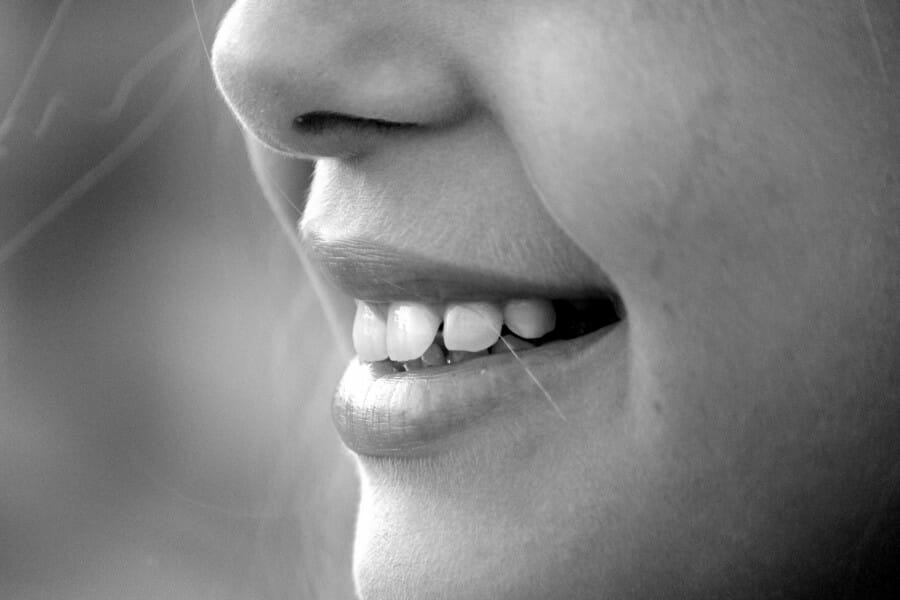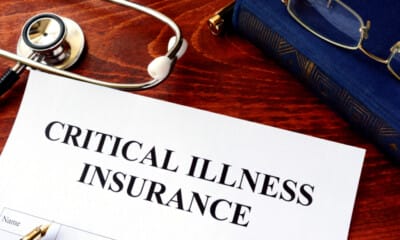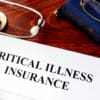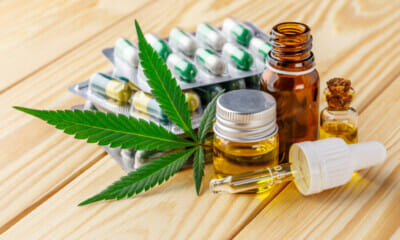Four Best Tips To Take Care Of Your Teeth Efficiently
Acceptable dental care practices should start right from childhood. It ensures that you have strong, healthy, and young-looking teeth in old age. If you are in your 60s, taking good care of your teeth has never been more critical. It will help you retain a natural smile even in your 80s and 90s. If you are a caregiver, it’s also essential to understand how you can help the elderly protect their teeth. Here are some tips to start you off.
Reduce Wear And Tear
Even when you boast of having healthy, strong, and beautiful teeth, constantly chewing hard foods may lead to wear. Don’t eat hard foods or chew for long hours unless it’s a healthy gum. Constant chewing and grinding can also flatten the biting part of your teeth. It also pays to avoid very hot or cold foods and drinks. Also, alternating hot and cold foods or beverages without giving the mouth enough time to acclimatize can damage the enamel. If you suffer from sensitive teeth, talk to an experienced dentist such as those found at SmilePath. He will recommend a suitable toothpaste to help ease the discomfort.
Keep The Teeth Clean
You’ve probably heard the statement, ‘brush at least twice every day and floss,’ all your life. However, in your 60s and beyond, keeping the mouth clean is quite important. Your teeth and gums are no longer as healthy as they used to be in your younger days; therefore, accumulating plaque can have adverse and irreversible effects. Also, be on the lookout for gum disease. If not treated on time, it can lead to teeth loss and damage to the bones.
Eat Healthy Foods
Avoid or limit foods that stain your teeth, such as tea and coffee. Acidic foods erode the enamel; therefore, limit eating citrus fruits, fizzy drinks, and juices. Starchy and sugary foods contain sugars that prompt the mouth to produce acid to aid digestion. If possible, limit starch to mealtimes when saliva production is at the peak, and don’t snack on sugary foods.
Keep Your Mouth Moist
As you age, saliva production may go down, leading to a dry mouth. Saliva keeps the mouth clean and neutralizes acidity. When you don’t have enough saliva, you are more at risk of gum disease and tooth decay because bacteria levels will be higher. To keep the mouth moist, drink water regularly, and make sure to hold it in the mouth for some seconds before swallowing. If you suspect a medication is the cause of dry mouth, talk to your physician about it. Chewing a healthy gum can also help to keep the mouth moist.
As you age, the risk of getting throat, mouth, and tongue cancer increases. It’s essential to have regular cancer screening. It also helps to stop smoking and reduce alcohol consumption. Most cancers are asymptomatic in their initial stages, making screening and precautionary measures crucial steps. Diseases such as diabetes, heart conditions, and high blood pressure may affect your teeth’ health. Make sure you get treatment for any underlying health conditions.


















